In 1955, the then-Federal Reserve Chair McChesney Martin, uttered a now-famous quote that came to define to define central bankers for decades:
[the Federal Reserve] “is in the position of the chaperone who ordered the punch bowl removed just when the party was really warming up.”
Rather than taking the punch bowl away on Wednesday, Jerome Powell not only refilled it, but threw in some extra intoxicants for good measure.
This morning’s attempt by New York Fed President John Williams tried to dampen the festivities, but the party has been raging so long and so furiously that few appear to be paying him much attention. Unless one of the neighbors calls the police – and I don’t know how that might transpire – the revelers are having way too much fun lately.
Let’s face it, central bankers are not known for being party animals. Mr. Martin, who served from 1951-1970, does not sound like one. (Did he have a nickname, or did his family and friends call him “McChesney”?) Interestingly for a man who is well-known for an alcohol-related quote, he is said to have been a teetotaler. His successors, G. William Miller, and Arthur Burns were ahead of my time as well, but few would consider Chairs Paul Volcker, Alan Greenspan, Ben Bernanke, and Janet Yellen to have publicly jovial personas.
Contrast this with avowed “Deadhead” Jerome Powell, who appeared quite comfortable discussing Barbie and Taylor Swift at a recent FOMC press conference. Can you imagine reporters having the temerity or the comfort level to ask a similar question of say, Alan Greenspan? Or having the question answered respectfully and slightly tongue-in-cheek?
But Powell comes to the job with a very different set of life experiences than most of his predecessors. Except for Miller, all of them from Martin through Yellen were academic economists. Powell is a lawyer by training and spent his career as an investment banker and private equity executive. (Miller, whose term featured explosive inflation, was also trained and practiced as an attorney before moving into corporate management.)
Without veering too far into amateur psychology, I’ll assert that Powell’s career experience orients his approach much differently than the economists who preceded him. Academic economists tend to be cautious in their public pronouncements, relying on evidence or well-tested theories. Investors, and Powell’s career at the Carlyle Group speaks highly to his prowess, are more willing to play a hunch. We invest without perfect information. It’s hopefully well-reasoned and researched, but all investments have a degree of both risk and faith. Powell seems willing to embrace both.
In June, we penned a piece that attempted to distinguish the mindsets of equity investors from those of their fixed income counterparts. Among the things we wrote:
By definition, equity players tend to take a “glass half full” approach to investing, while those in the bond market tend to take the opposite approach. This dichotomy results from the vastly different risk/reward dynamics investments that are inherent in each asset class.
By investing in a product with a relatively capped upside, bond investors are justifiably more concerned with risk than reward.
Conversely, because stocks have unlimited upside, those who invest in them tend to be more focused on what could go right.
Considering that central bankers exert their policies via fixed income markets, using rate moves and the like, it makes sense to believe that the economists thought more like bond investors – cautiously and with an eye towards what can go wrong. Powell, with his “Goldilocks” mentality, seems to be more focused on what can go right. This is not a criticism, just my best effort at explaining why the current Chair has a knack for making more market-friendly comments than his predecessors or many of his global peers. He’s a “markets guy.”
So, now that we know why the party is raging – for example, after getting the news that the Fed adjusted its “dot plot” to anticipate three rate cuts in 2024, short of the market’s expected four cuts, the market began to anticipate six of them – we will need to consider how it might calm down. Or consider how it might come to an end. But that seems premature now. We are in a seasonally bullish period with few external catalysts expected before the end of the year.
We’ll be giving it some thought over the coming days, trying to anticipate whether the party can continue into the new year and whether a hangover might be expected. But for now, party on, I suppose…
Join The Conversation
If you have a general question, it may already be covered in our FAQs. If you have an account-specific question or concern, please reach out to Client Services.
Leave a Reply
Disclosure: Interactive Brokers
The analysis in this material is provided for information only and is not and should not be construed as an offer to sell or the solicitation of an offer to buy any security. To the extent that this material discusses general market activity, industry or sector trends or other broad-based economic or political conditions, it should not be construed as research or investment advice. To the extent that it includes references to specific securities, commodities, currencies, or other instruments, those references do not constitute a recommendation by IBKR to buy, sell or hold such investments. This material does not and is not intended to take into account the particular financial conditions, investment objectives or requirements of individual customers. Before acting on this material, you should consider whether it is suitable for your particular circumstances and, as necessary, seek professional advice.
The views and opinions expressed herein are those of the author and do not necessarily reflect the views of Interactive Brokers, its affiliates, or its employees.



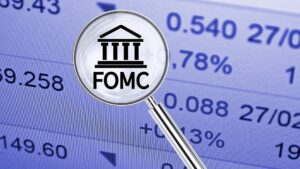




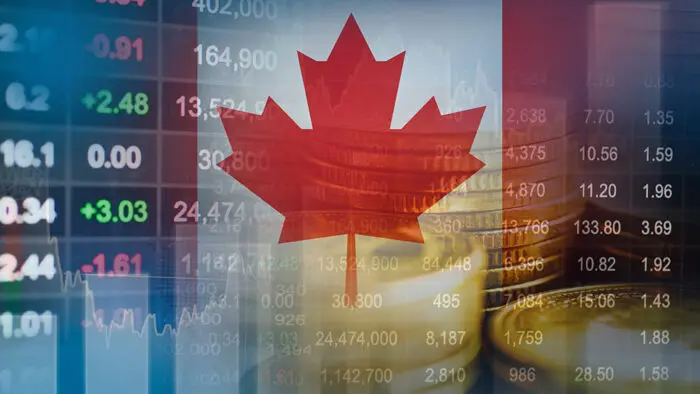
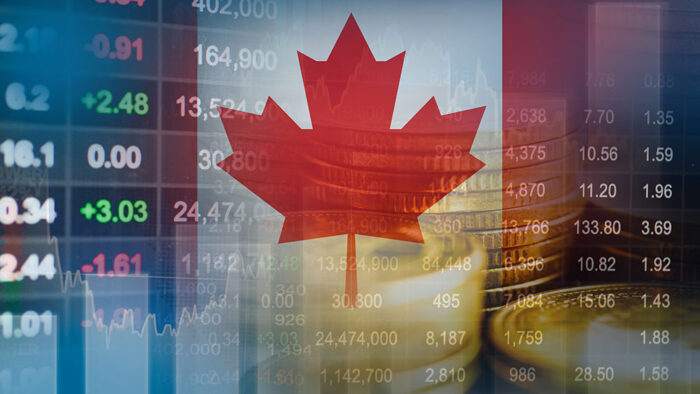


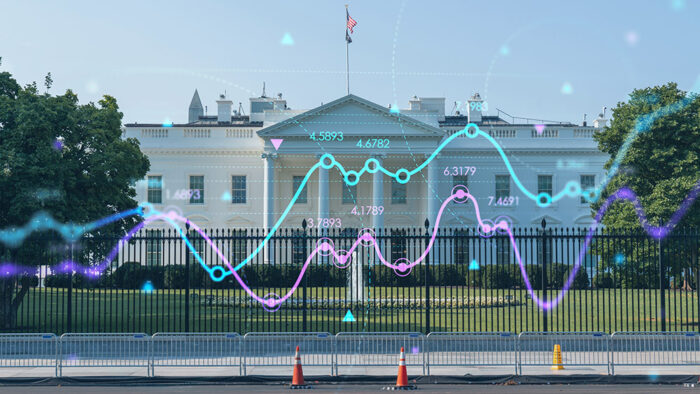



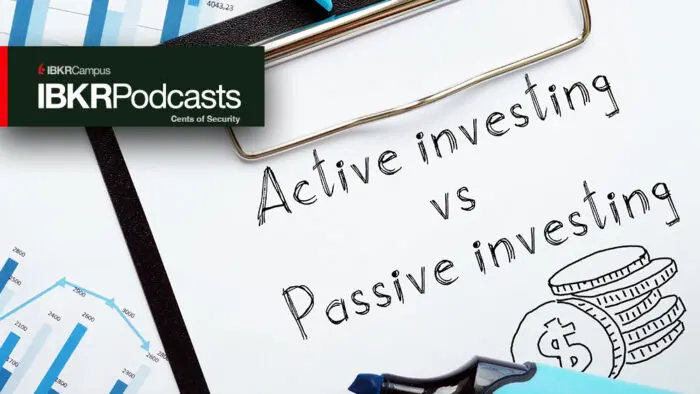
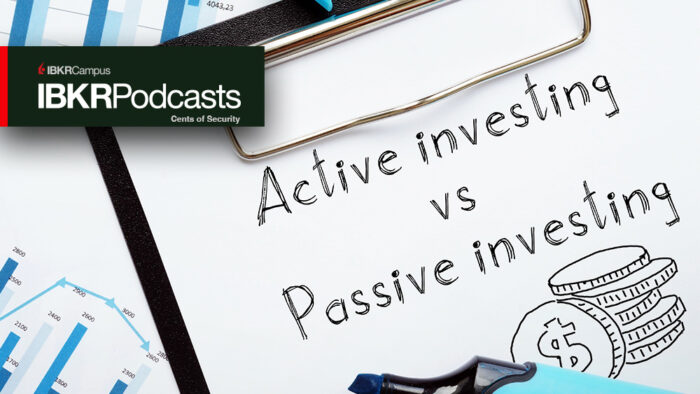













When Powell leaves us seeing nothing but blue skies, not a cloud in sight, there may be reason to believe this party will go on for a long time…but as they say you never go broke taking a profit. I started this year 94% in stocks; I expect to end it near 70%. Or to mix a metaphor, when the party gets hot, it may to wise to know where the door is located.
In your prior piece it was all but enviable that Powell would throw cold water or “use the whole meeting explaining why his colleagues via their dot plot were wrong.
Having got it so terribly wrong just 2 days before the meeting – now we divert into a sideshow of ill-chosen quotes, instead of what exactly he said, why the market took it as clear sailing, and some thoughts if the market is correct in their euphoria.
It’s always wise to leave the party at 11:30PM rather than try to push through the exit door at 2:00AM with the rest of the drunks
I, like Steve, have a fairly long history of being a Fed Watcher. The one thing through the years that has been consistent with the Fed is that they lag the market. They wait too long when it is time to raise rates and they wait too long when it is time to lower rates. At least that is their history. So their recent meeting reflecting a fairly quick pivot was a surprise to me as well. And they may actually end up lowering short term rates in 2024 as the market anticipates. But, will our deficit and borrowing needs allow long term rates to come down to a point to discourage bond investments versus equity investments? I doubt it.
Am I the only one who thinks Powell was late for political reasons – to get reappointed? And now early – to assist re-election?
Why isn’t anybody considering that we are heading for a soft-landing? Powell is right to say what he said – inflation is going to fall below target and rates are currently too high for that. He can easily lower rates without inflation coming back up and ensuring there is no recession. Just based on the sentiment here – this market has a long way to go up.